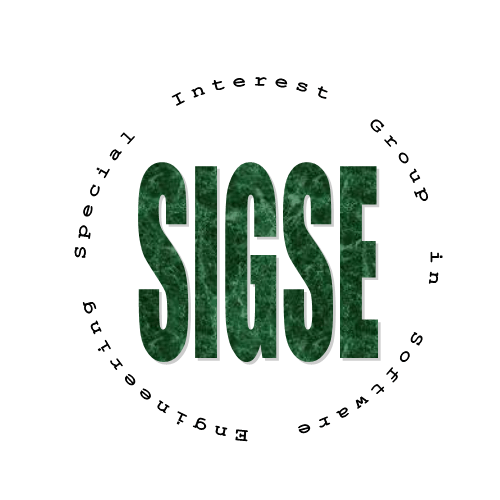
ISEC2010
3rd India Software Engineering Conference
Mysore
Feb 25-27, 2010
 |
ISEC2010 |
|
|
In cooperation with |
Proceedings of the First International Empirical Software Engineering (ESE) Workshop
Editorial Note The objective of the First International Empirical Software Engineering (ESE) workshop is to provide a forum where researchers and practitioners can report and discuss the state of the art in ESE. The workshop will focus on all aspects of ESE, such as efficacy of software engineering methods and technologies; design of empirical studies, and results thereof. Of particular interest are empirical studies in IT services organizations in India and abroad. With this in mind, we inaugurate this workshop series with the 3 papers selected out of the 7 submitted to the workshop. These papers were selected on the basis of novelty, technical rigor and above all results of empirical studies. The workshop will commence with a keynote address titled by Prof. Michael Godfrey of University of Waterloo, Canada. Prof. Godfrey is a very well-known researcher in the area of empirical software engineering, with research interests in areas such as reverse engineering, software evolution, software metrics and mining software repositories. The three accepted papers will be presented after the keynote address. The first accepted paper, “A Knowledge Transaction Approach for the Request Lifecycle in Application Maintenance”, from Himanshu Tyagi and Kapil Shinde, puts Request for Change/problem ticket raised by a business user at the center stage and dwells upon the interplay of different knowledge elements in the lifecycle, under the request context. By treating the request lifecycle as a transaction, forming a complete unit of work, knowledge accumulation and reuse is demonstrated. The paper also discusses the results of a survey of the software maintenance practitioner community. The second accepted paper, “An Extended Function Point Approach for Size Estimation of Object-Oriented Software”, from A. Chamundeshwari and Chitra Babu, looks at the crucial question of size estimation in object-oriented (OO) software development. Traditional approaches use Function Point Analysis for size estimation. However, this suffers from several shortcomings. Further, when a particular class is involved in multiple interactions such as aggregation, association and inheritance, its complexity calculation is ambiguous. In order to address these issues, this paper proposes a new and enhanced approach for OO software size estimation by providing rules that better guide the practitioners. This paper discusses a sample case study describing the applicability of the proposed approach. The developmental size predicted by applying the proposed approach for a set of sample projects correlates well with the size prediction obtained through the existing approaches. The third accepted paper, “Compliance of Analysis and Design Models in Object-Oriented Systems: A Metrics Based Approach”, from Sabnam Sengupta, Ananya Kanjilal and Swapan Bhattacharya, proposes a metrics based approach to ensure compliance between UML analysis models such as Activity diagrams and Design models such as Class and State chart diagrams. The paper presents a set of Design Compliance Metrics II to quantitatively measure the extent of consistency between activity, class and state chart diagrams implementing the use cases for the same requirement. The basis of measuring consistency is the relationship between the artifacts based on the common attributes. It also helps in measuring progress of a project and thus helps in project management. These metrics verify whether the requirements that have been covered in design have been consistently realized in activity, class and state charts. Two case studies have been considered and calculation of the metrics has been done for illustration of the approach. The workshop will then conclude with a panel discussion on “Future Trends in Empirical Software Engineering”. Our distinguished panelists – who will be announced on the day of the workshop – will present and discuss key future trends that can enrich the area of empirical software engineering, and particularly, how research in this area can be tailored to meet the day-to-day needs of software industries. We hope that the workshop attendees will find it interesting and enriching, and that this will be the first of an increasingly successful workshop series that will be held regularly along with future editions of ISEC.
Keynote Talk SPEAKER: Prof. Michael Godfrey, Department of Computer Science, University of Waterloo, Canada TITLE: Learning from the Past: How Studying Software Evolution Can Make Us Wiser [SLIDES ABSTRACT: SPEAKER BIOGRAPHY:
List of Accepted Papers
|